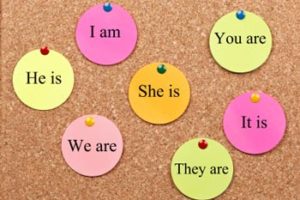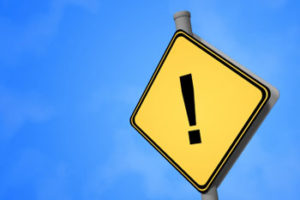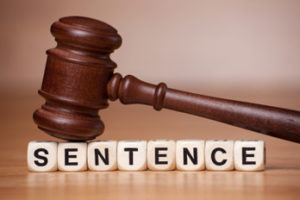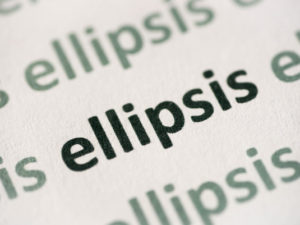
Grammar Rules: Subject-Verb Agreement
The rule is simple: singular subjects take singular verbs and plural subjects take plural verbs. But sometimes it’s difficult to tell whether a subject is singular or plural. That’s why subject-verb agreement errors crop up in so many pieces of writing. Making matters worse is the fact that most people don’t know what subject-verb agreement…Read More

Punctuation Marks: The Exclamation Mark
It’s a relatively simple punctuation mark — a bold one without a lot of confusing rules — yet it’s still grossly overused. It gives our sentences pizzazz. It emphasizes dialogue when one character shouts or snaps at another. And it gives copy editors headaches. The exclamation mark sure packs a punch. The Exclamation Mark! This…Read More

Homophones: Its and It’s
Homophones confuse some people and annoy others. I often see people online complaining about other people who can’t differentiate between the spellings of homophones like your and you’re; they’re, their, and there, and of course, its and it’s. While I find these mistakes mildly annoying, I don’t know if I’d go so far as to…Read More

Grammar Rules: Ending a Sentence with a Preposition
A longstanding grammar myth says we’re not supposed to end a sentence with a preposition. For years, this myth has persisted, tying writers up in knots and making their heads spin around sentences that simply must end with a preposition. For example: Which store are you going to? Folks who were taught (and are now…Read More

Punctuation Marks: Ellipsis
You see it everywhere, but most people don’t know what it’s called or how to use it properly. In fact, it’s often referred to as “dot, dot, dot” even though it does have a name. This punctuation mark is the ellipsis. It is a series or row of three periods, which is usually used to indicate…Read More



